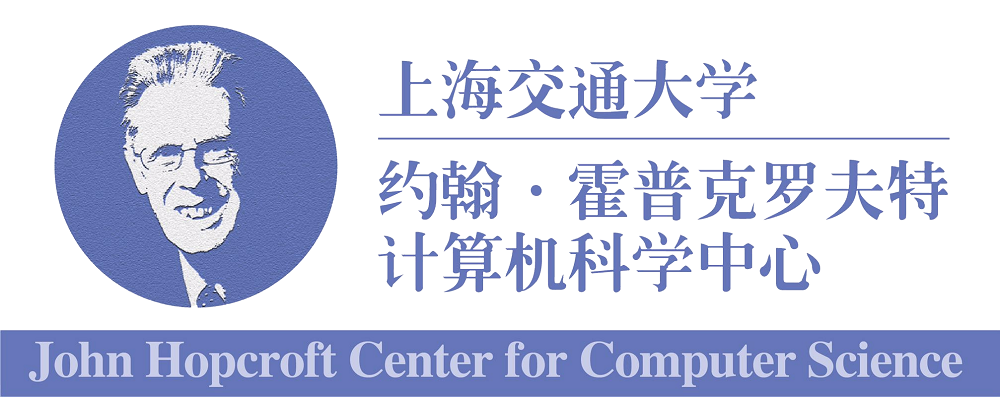Novel Modulation and Multiple Access Methods for 5G
Speaker
Prof. Andreas F. Molisch, University of Southern California

Time
2018-05-14 10:00:00 ~ 2018-05-14 11:30:00
Location
SEIEE-1-418A
Host
Xinbing Wang
Abstract
Previous generational changes of cellular technology have seen a movement to a different modulation multiple access method – from analog, to TDMA, CDMA, to OFDM These changes were motivated not only by the advances in communication technology, but also the shift in the dominant use cases While the first phase of 5G will adopt schemes that are quite similar to those of 4G, the second phase of 5G, which will consider completely new use cases (“verticals”), might benefit from a re-thinking of the modulation multiple access methods
In this talk we will first summarize the key requirements for next-generation wireless systems especially as related to applications in control, intelligent vehicles, and internet of things We will then discuss “ab initio” modulation design for those applications and in particular the tradeoff between adaptation and whitening, based on fundamental time-frequency representation methods This will lead to a new class of modulation formats that perform time-frequency spreading, recently proposed under the name OTFS Comparisons of these approaches to OFDM, both from a theoretical point of view, and through simulations, will wrap up the presentation
Bio
Andreas F. Molisch is the Solomon-Golomb – Andrew-and-Erna-Viterbi Chair Professor at the University of Southern California. He has done extensive research on wireless propagation channels and system design, authoring more than 500 journal and conference papers, 70 standards contributions, and 80 patents. He is an IEEE Distinguished Lecturer, a Fellow of the National Academy of Inventors, Fellow of IEEE, AAAS, IET, a Member of the Austrian Academy of Sciences, and recipient of numerous awards, including the Eric Sumer Award of the IEEE and the James Evans Avant-Garde Award of the IEEE VTS.

